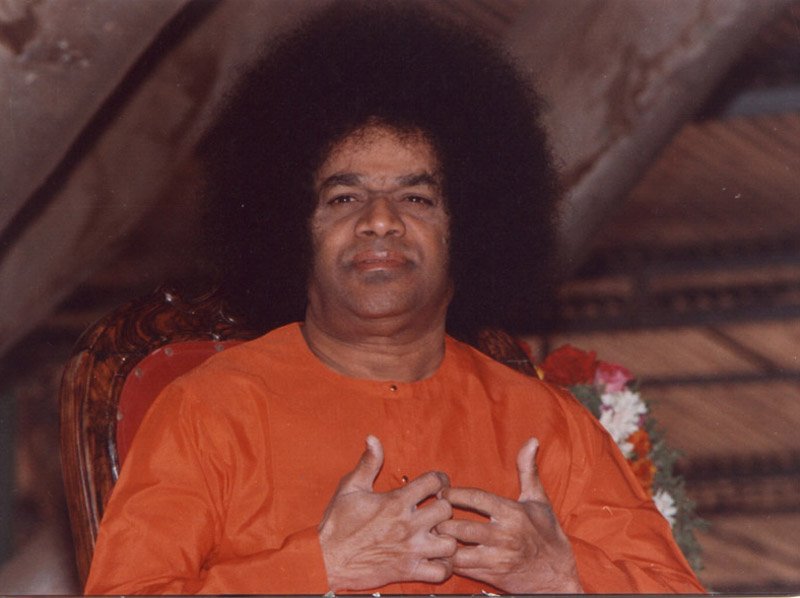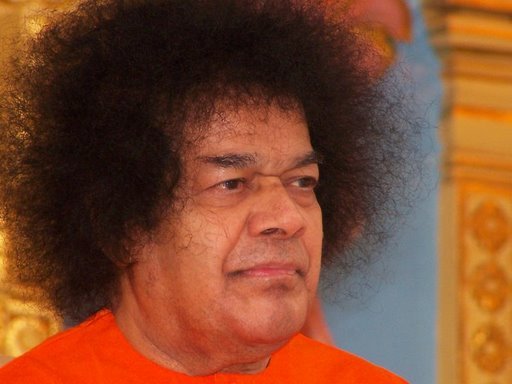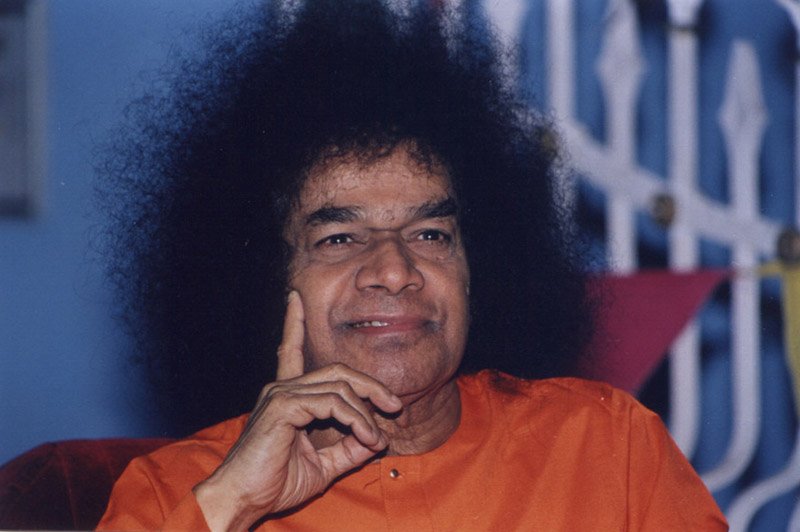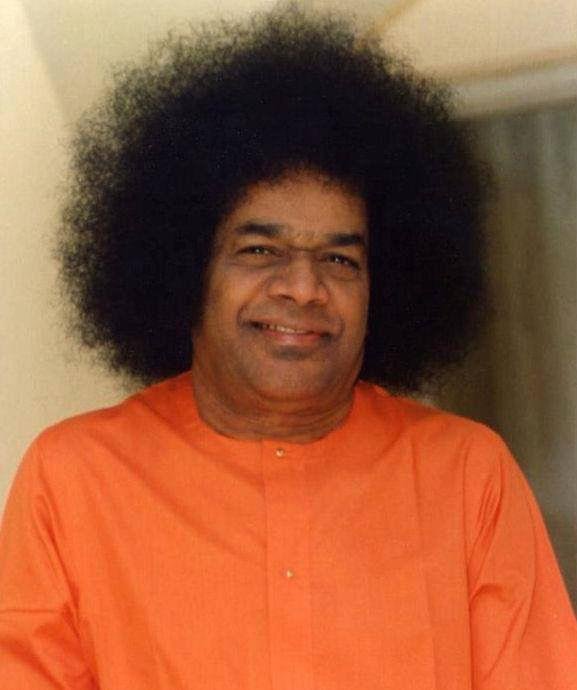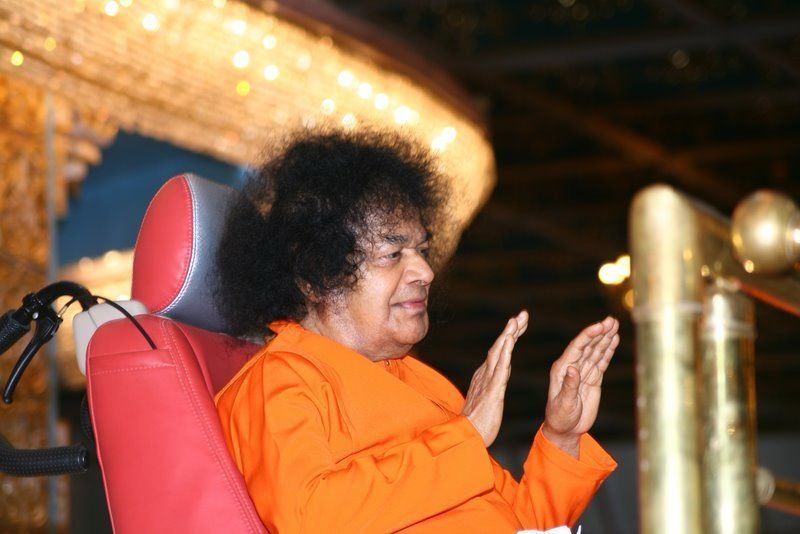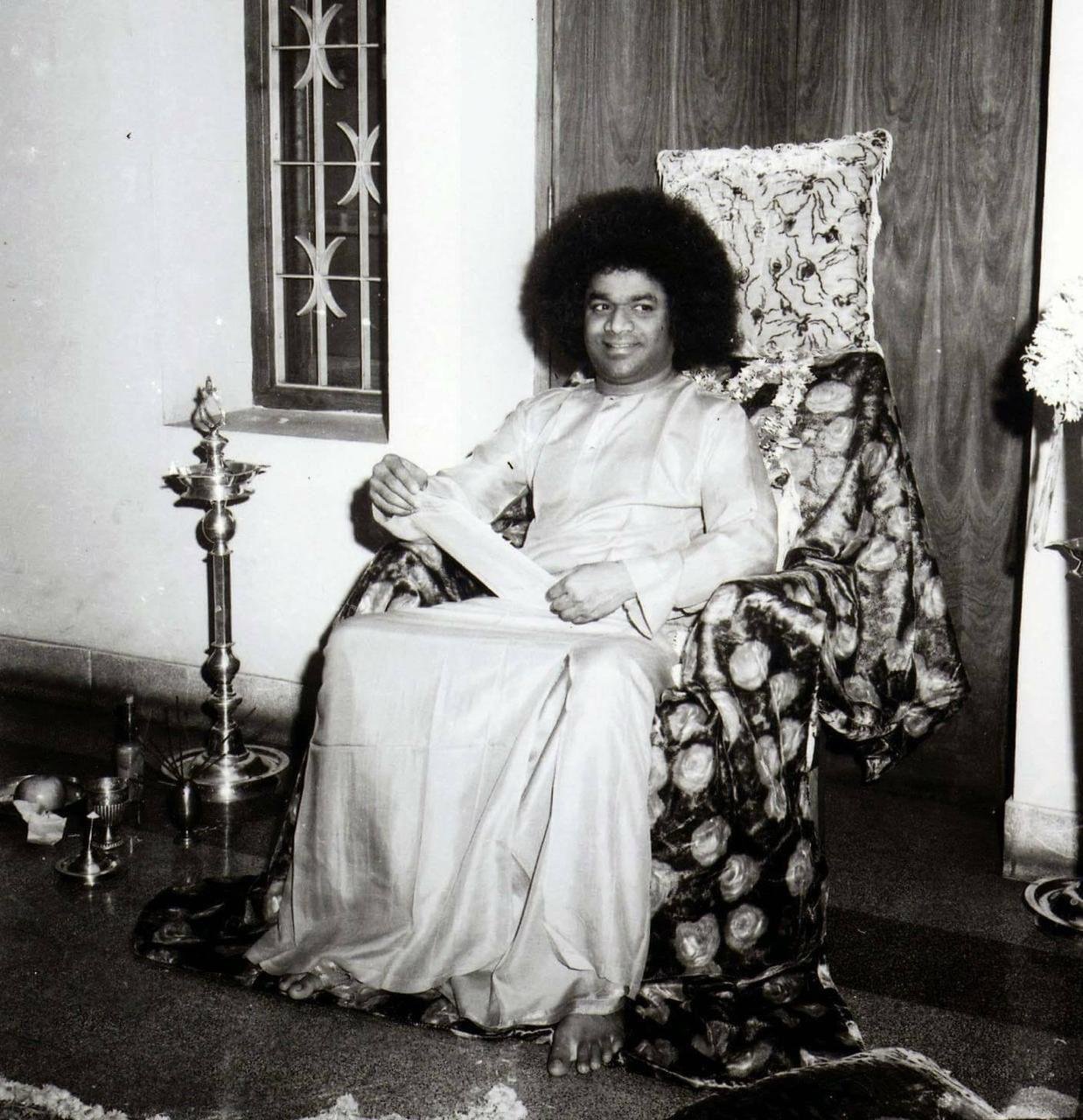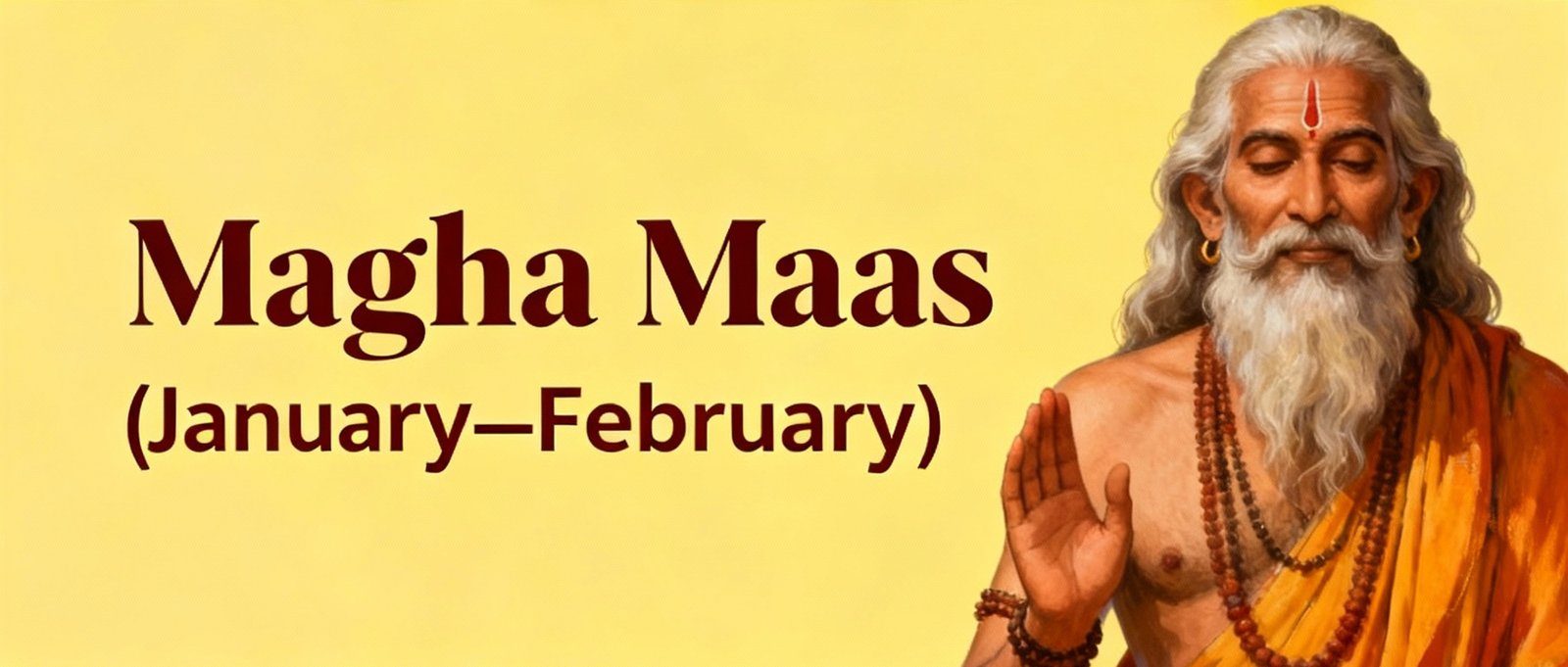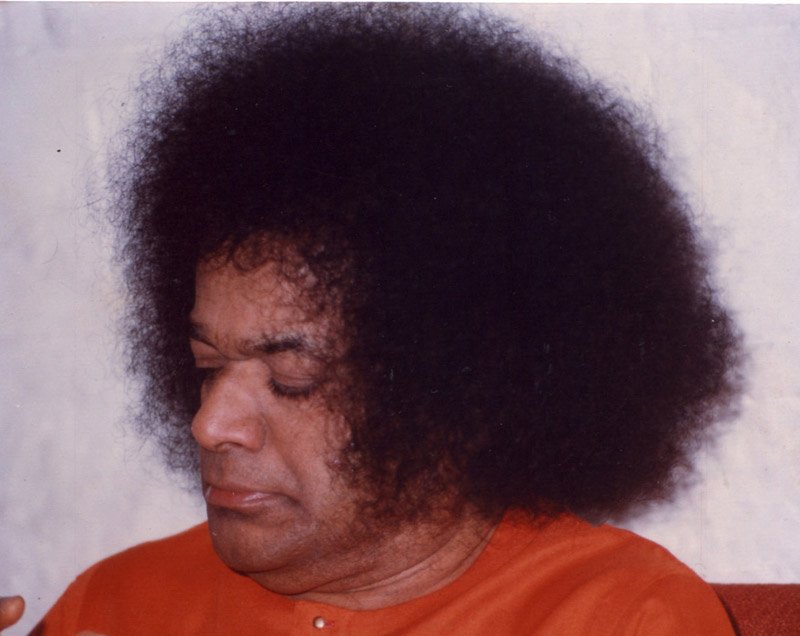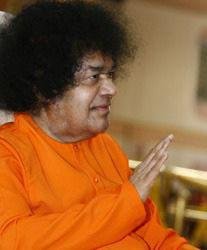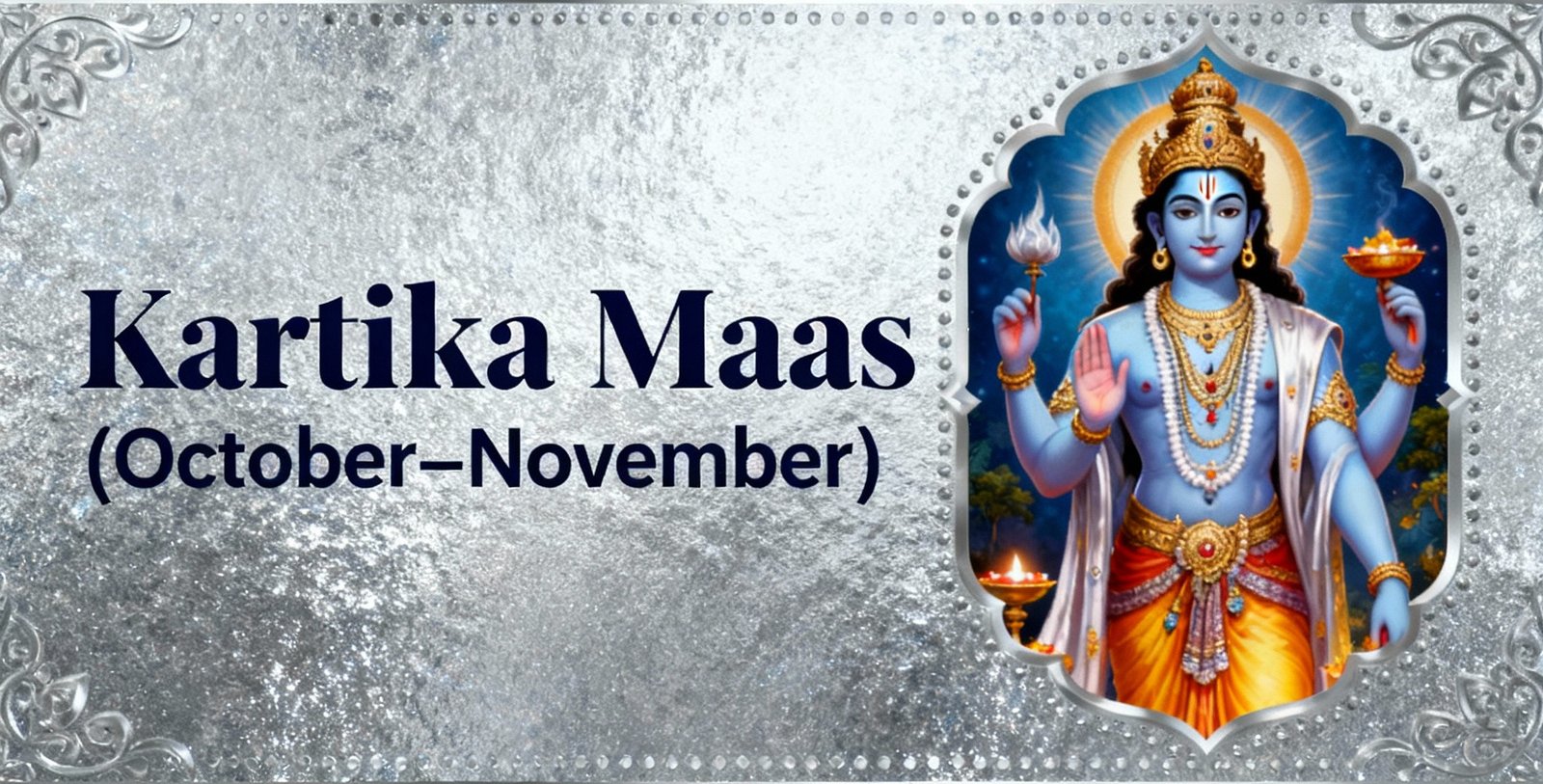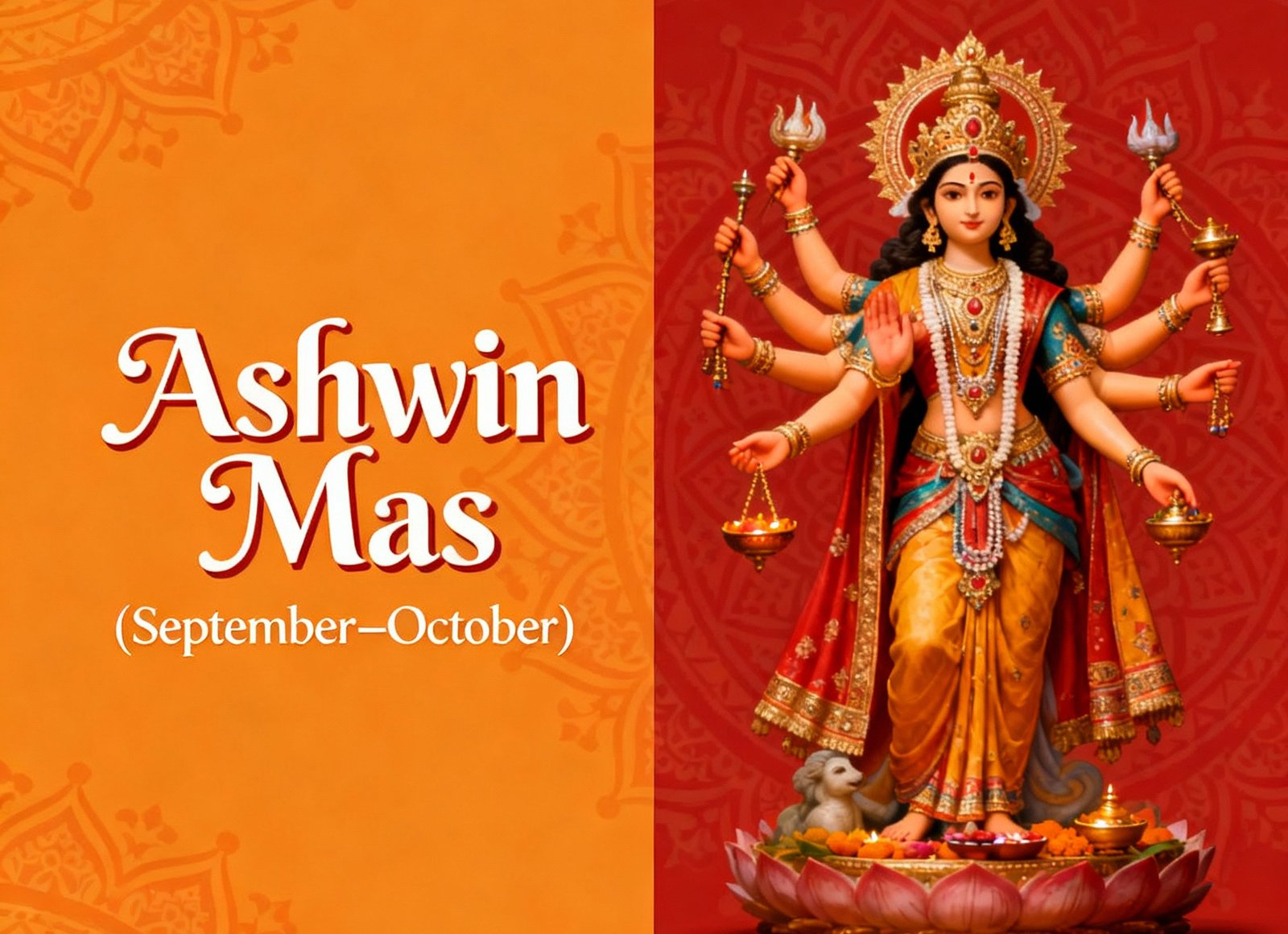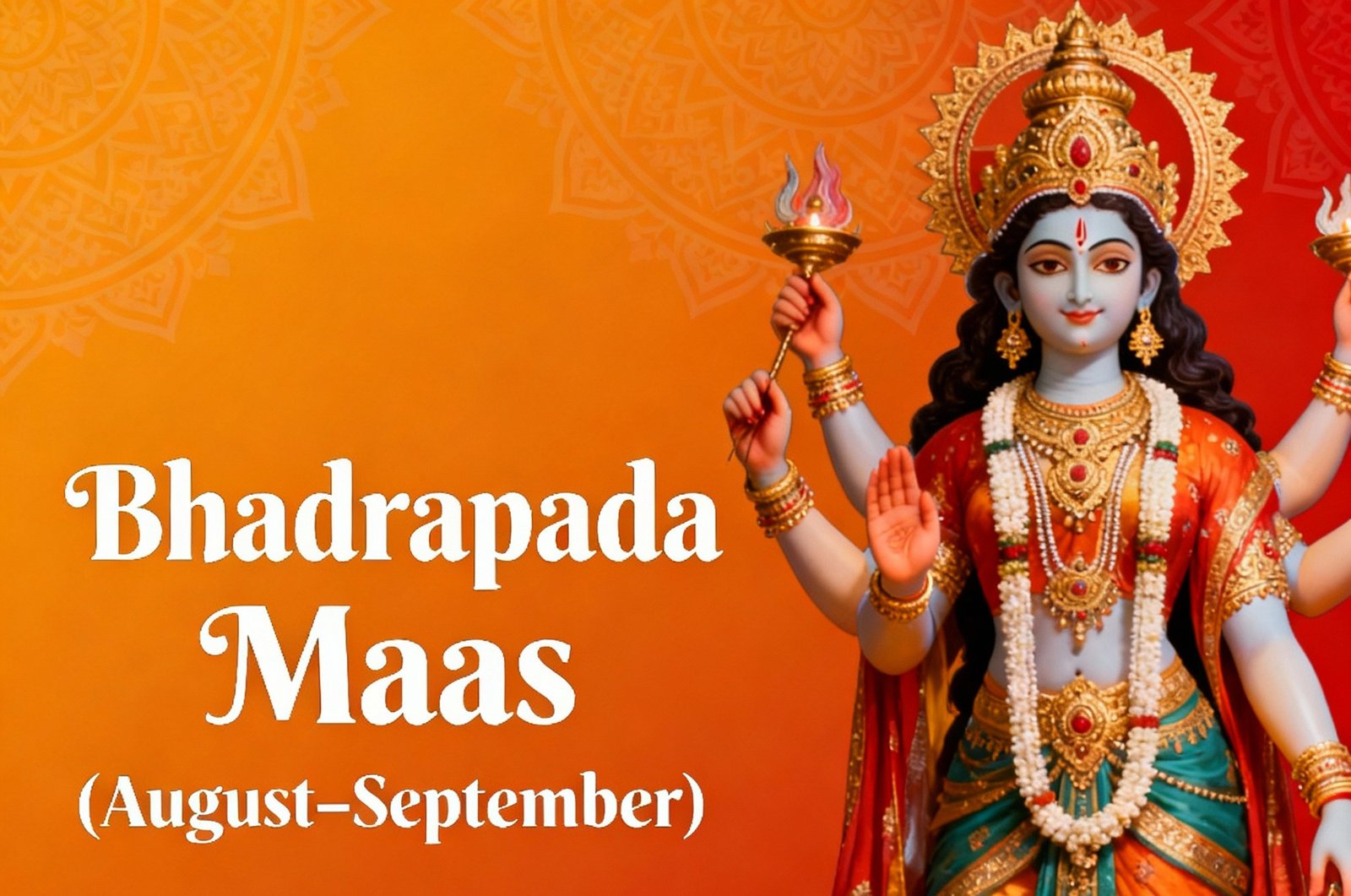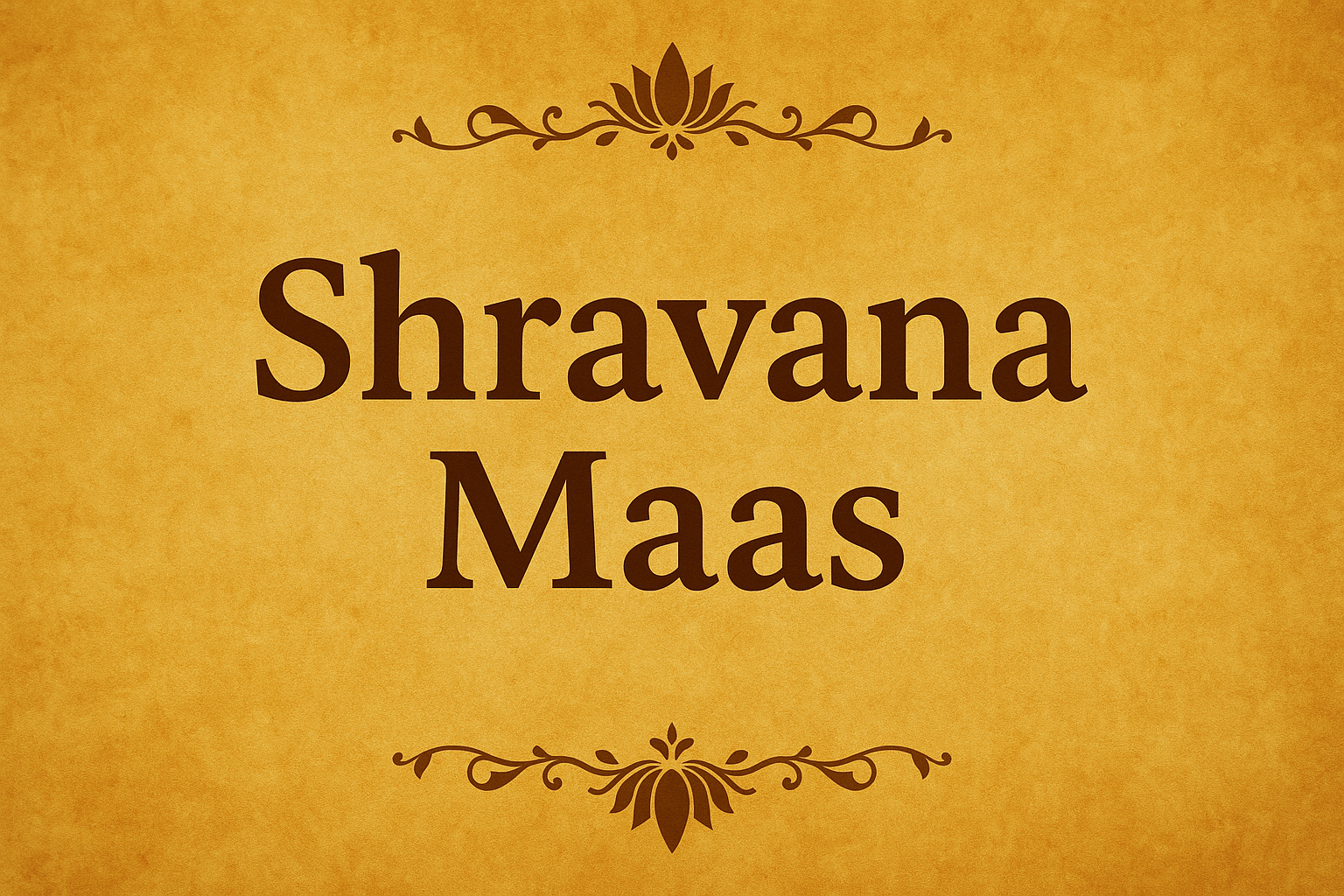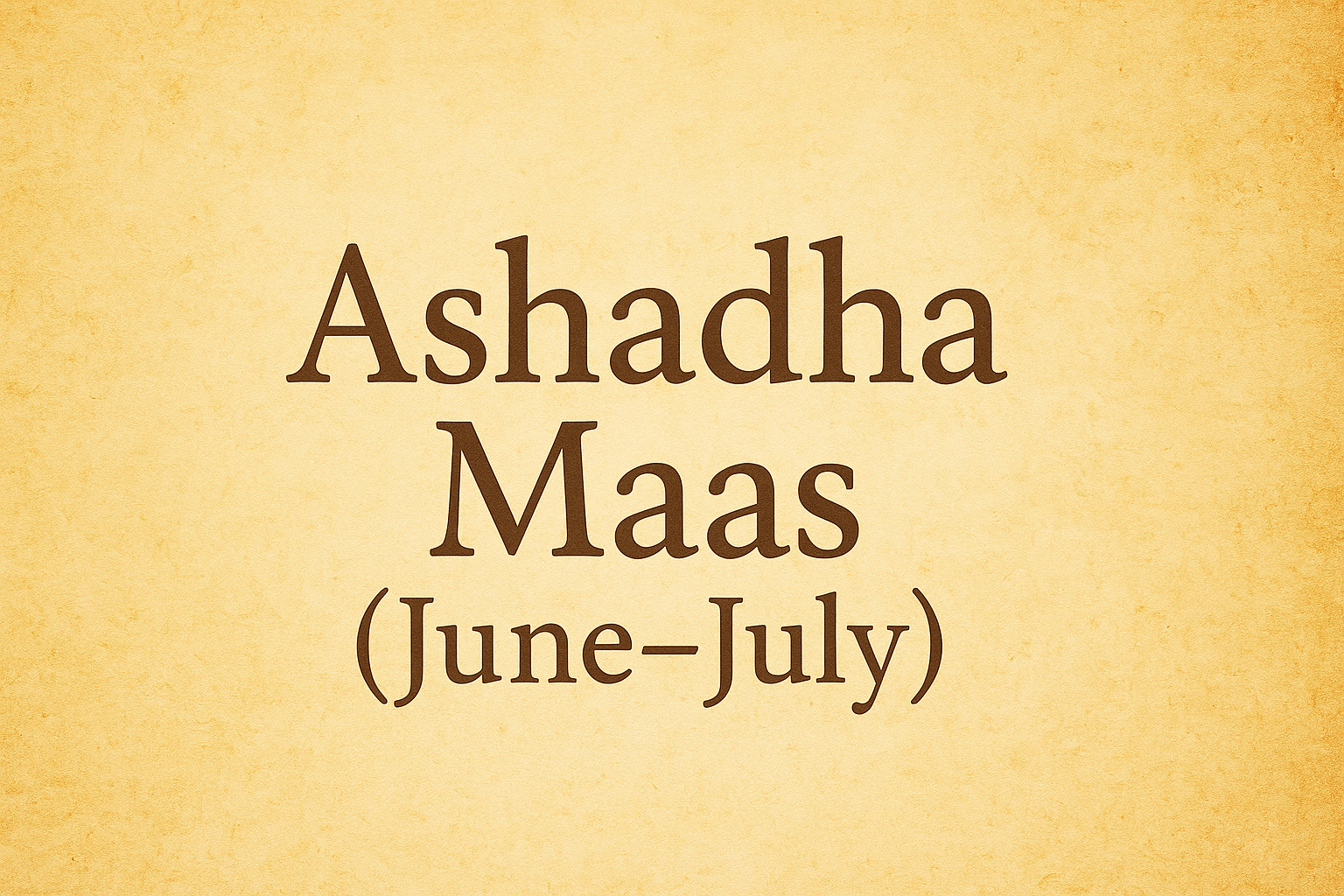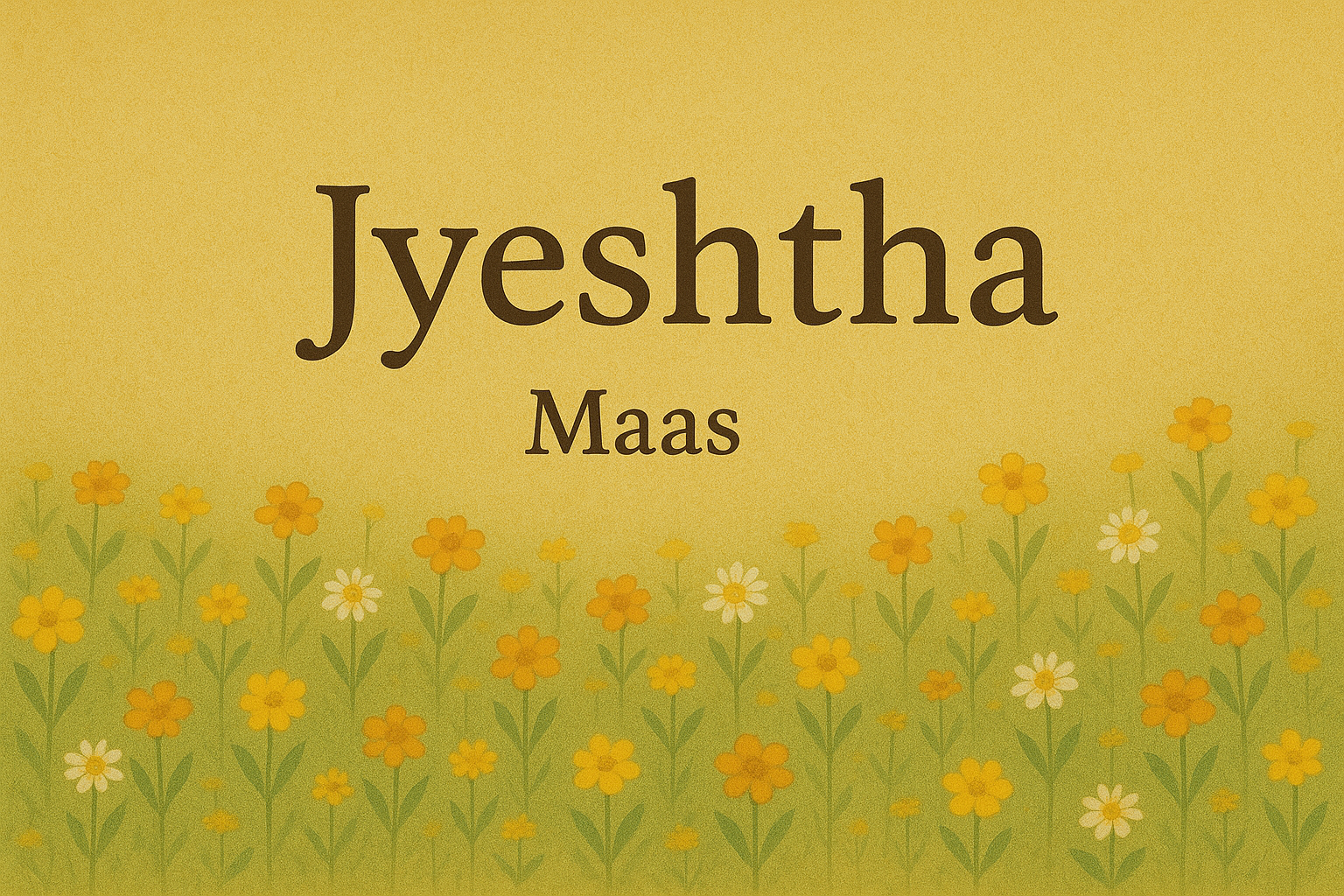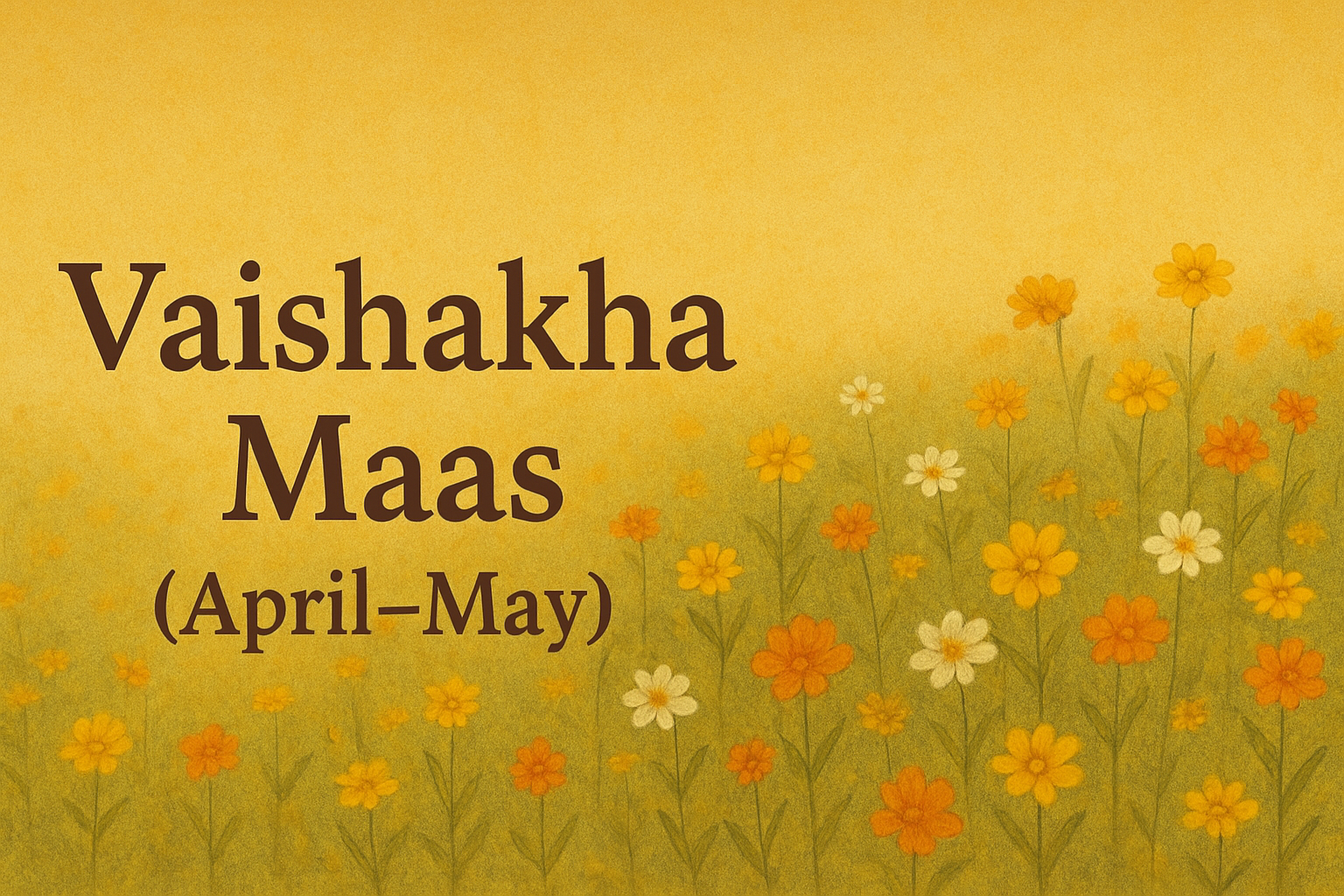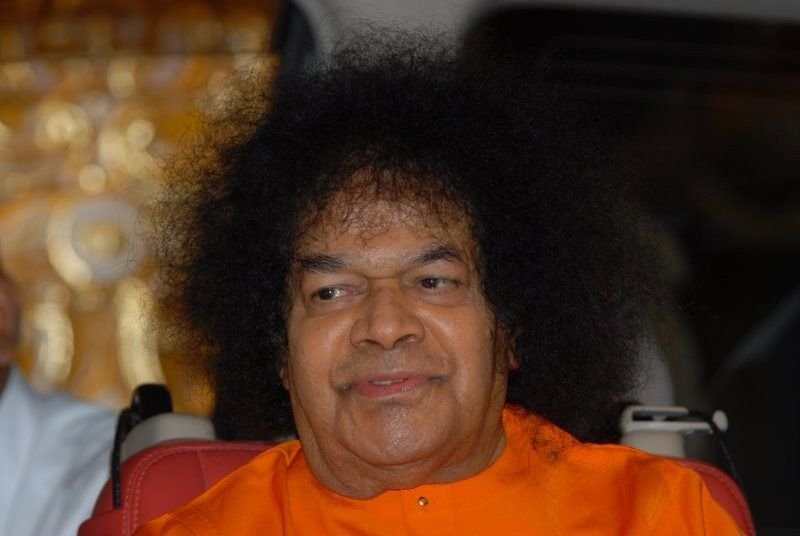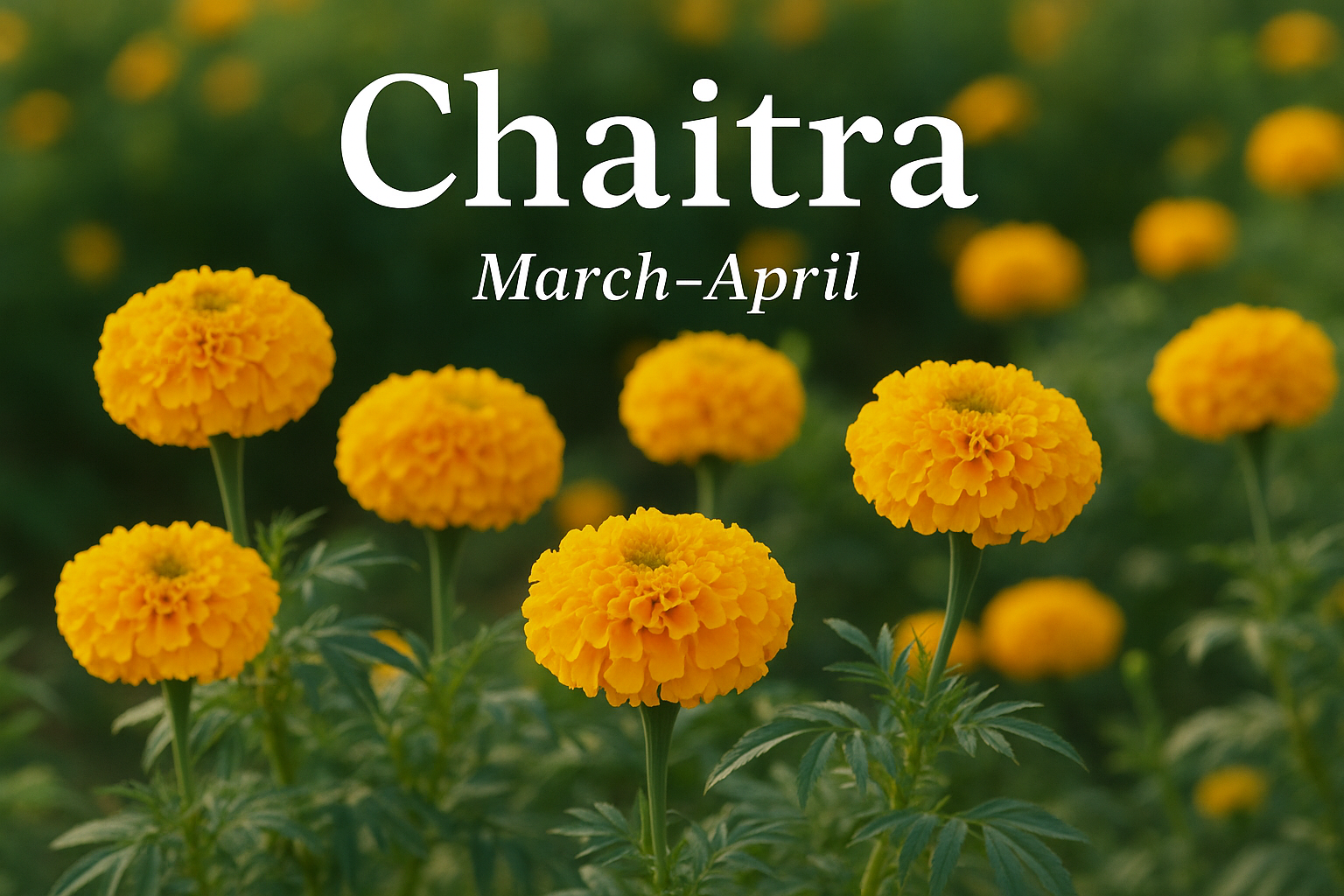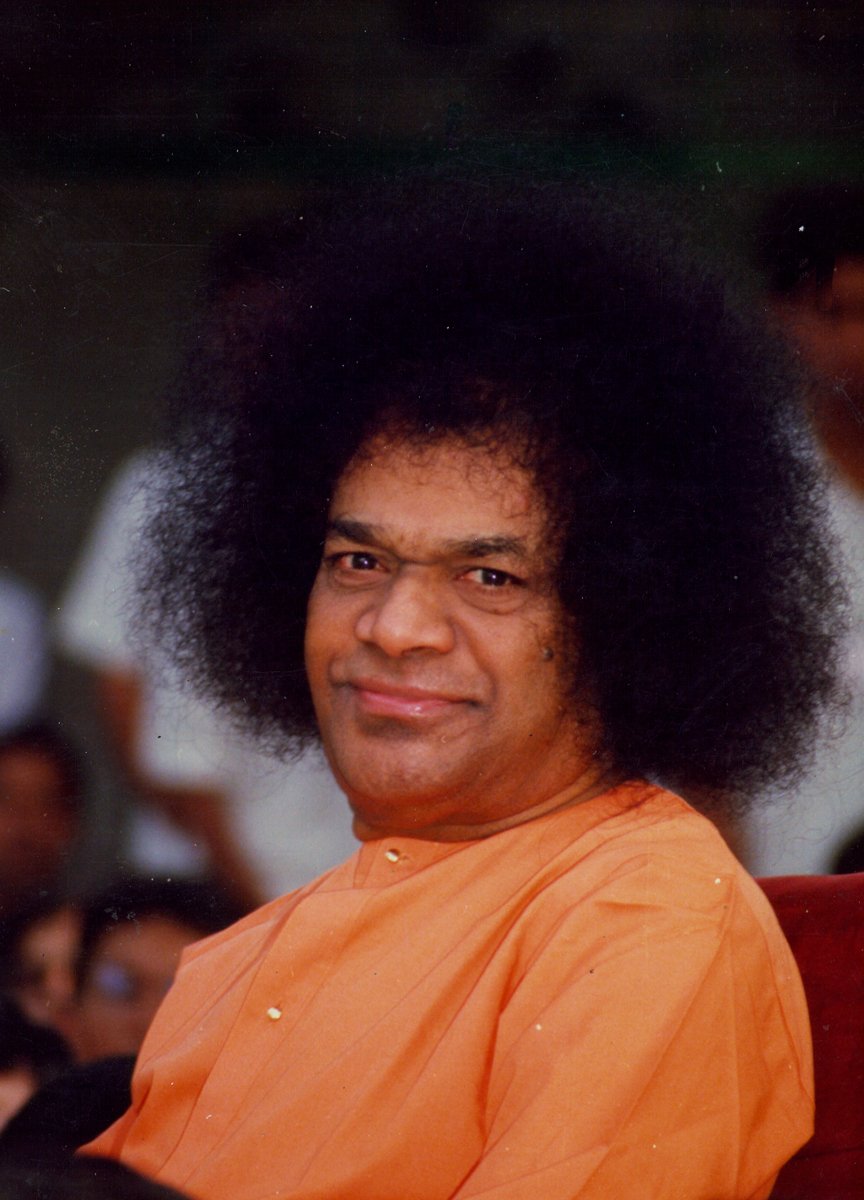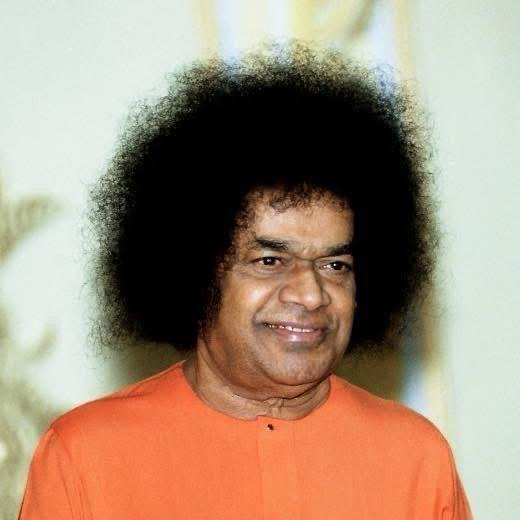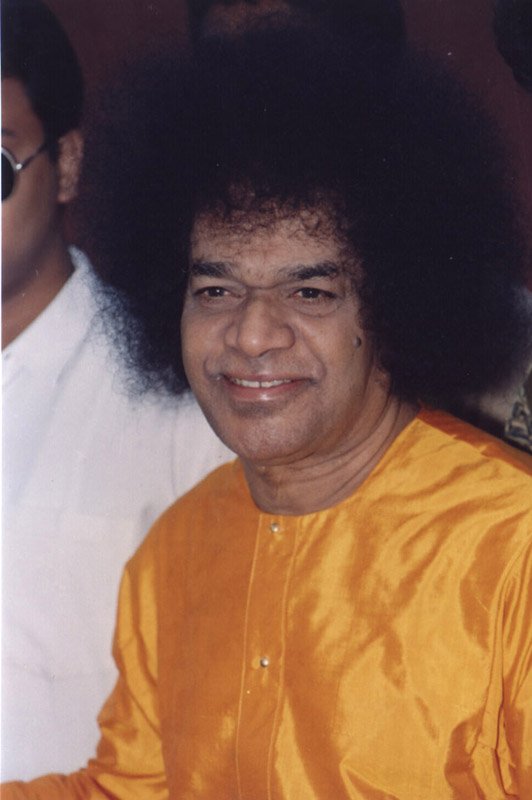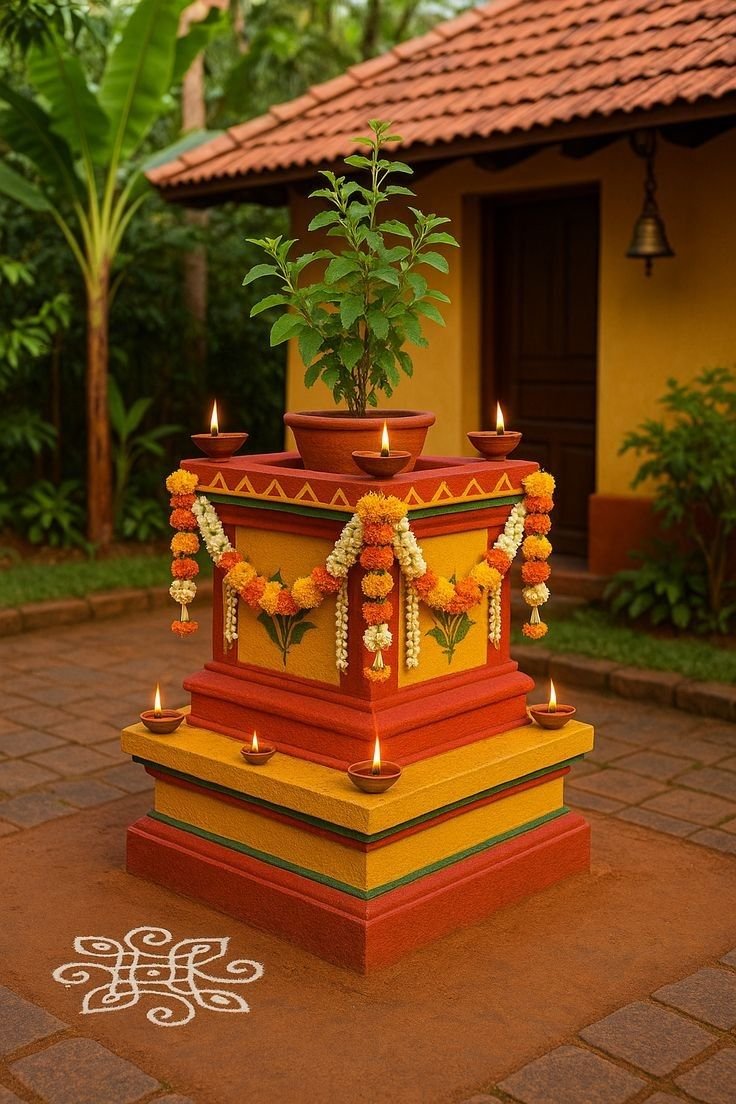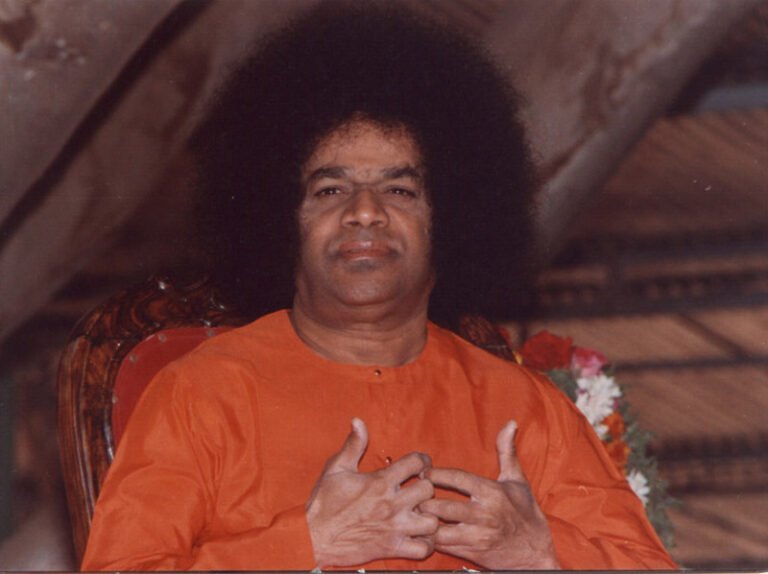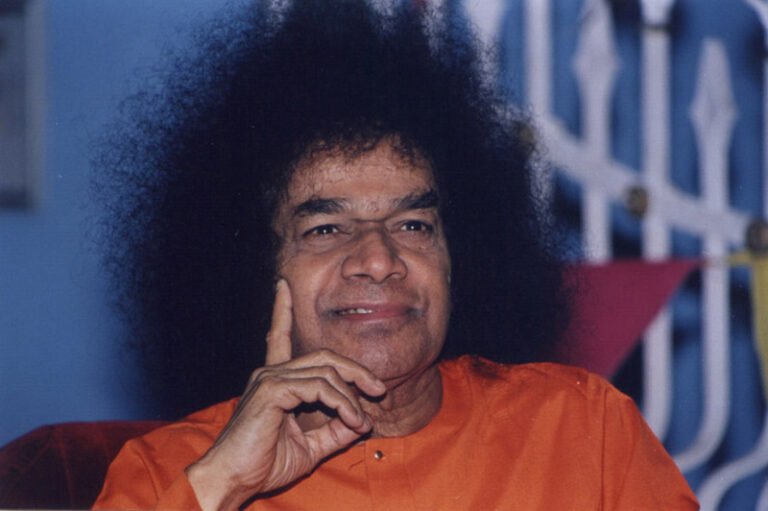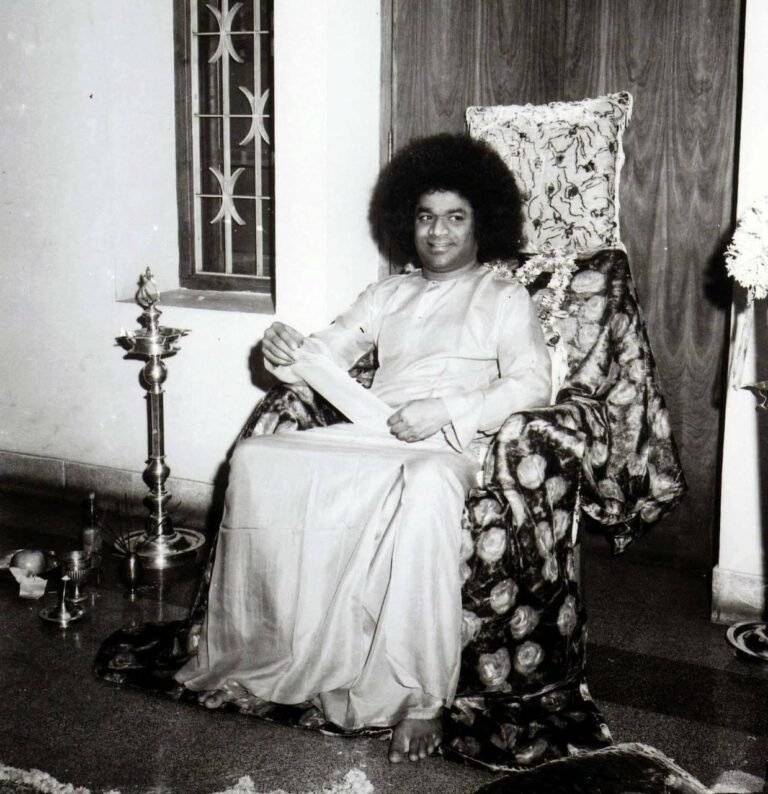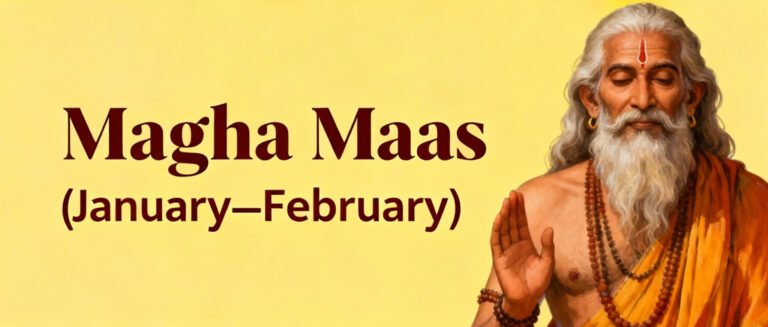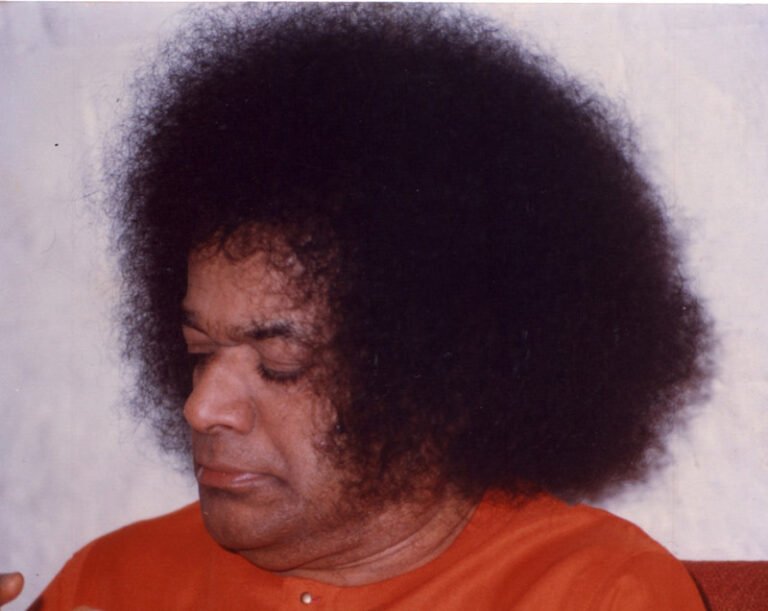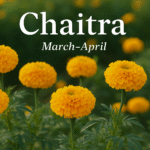Magha (January‚ÄďFebruary)
Ekadashi In The Month Magha (January‚ÄďFebruary)
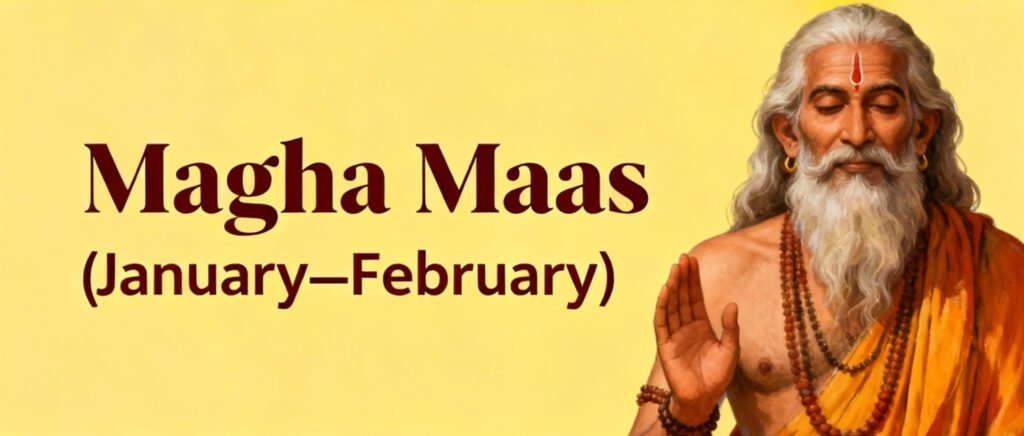
ūüĆô Shattila Ekadashi ‚Äď Krishna Paksha (Magha Month)
Shattila Ekadashi, also known as Tilda Ekadashi or Magha Krishna Ekadashi, falls during the Krishna Paksha (waning phase of the Moon) in the month of Magha (January‚ÄďFebruary).
The word ‚ÄúShat-tila‚ÄĚ comes from Sanskrit, where ‚ÄúShat‚ÄĚ means six and ‚ÄúTila‚ÄĚ means sesame seeds. Thus, this Ekadashi involves six ways of using sesame seeds ‚ÄĒ for purification, worship, charity, and nourishment ‚ÄĒ to obtain spiritual merit and protection from sins.
This sacred Ekadashi is celebrated as a day of charity, purification, and selflessness, symbolizing the importance of giving with love and faith.
ūüēČÔłŹ Spiritual & Mythological Significance
The story of Shattila Ekadashi is described in the Bhavishya Purana.
Once, a pious woman devotedly worshiped Lord Vishnu and performed many fasts and rituals. However, despite her devotion, she never offered food or charity to Brahmins, devotees, or the needy.
As a result, although she attained a heavenly abode after her death, her celestial home was barren and devoid of food or wealth. Seeing her plight, she approached Lord Vishnu and asked why her merits had not brought her joy.
The Lord explained,
‚ÄúO noble woman, you performed many fasts and rituals, but never shared your food with others. Charity is the essence of true devotion. Without compassion, all austerities remain incomplete.‚ÄĚ
He advised her to observe the Shattila Ekadashi Vrata, using sesame seeds (tila) in six sacred ways:
- Til Snana ‚Äď Bathing with sesame seed water for purification.
- Til DńĀna ‚Äď Donating sesame seeds to Brahmins or the poor.
- Til Homa ‚Äď Offering sesame seeds in the sacred fire.
- Til Bhojana ‚Äď Eating food prepared with sesame seeds.
- Til PńĀna ‚Äď Drinking water mixed with sesame seeds.
- Til Archana ‚Äď Offering sesame seeds to Lord Vishnu during worship.
She followed the Lord’s instructions with complete devotion, and soon her home became abundant with divine light, prosperity, and peace.
Thus, Shattila Ekadashi came to represent the power of charity, purity, and sharing as the foundation of spiritual life.
ūüĆľ Importance of Shattila Ekadashi
- Cleanses Body and Soul: Using sesame seeds purifies sins and negative karma.
- Promotes Charity and Compassion: Reminds devotees of the value of giving selflessly.
- Brings Prosperity and Health: Sesame symbolizes nourishment and divine energy.
- Bestows Moksha (Liberation): Fasting and devotion on this day lead to spiritual liberation.
- Removes Past Sins: Especially the sin of ignoring the hungry and poor.
ūü™Ē Rituals and Observances
1. Dashami (Day Before Ekadashi)
- Eat a simple sattvik meal before sunset.
- Avoid grains, pulses, garlic, and onion.
- Maintain purity in thoughts and actions.
2. Ekadashi Day (Main Fast)
- Wake up early and take a holy bath, mixing sesame seeds in the water (Til Snana).
- Worship Lord Vishnu with incense, lamp, Tulsi leaves, flowers, and sesame seeds.
- Offer sesame seeds during worship (Til Archana).
- Perform charity, donating sesame seeds, food, clothes, or other items to Brahmins or needy people (Til DńĀna).
- Observe Nirjala fast (without water) or Phalahar fast (fruits and milk) as per ability.
- Recite Vishnu Sahasranama or chant ‚ÄúOm Namo Bhagavate Vasudevaya.‚ÄĚ
- Spend the day in bhajans, meditation, and acts of kindness.
- At night, stay awake in Jagaran, remembering Lord Vishnu’s glory.
3. Dwadashi (Breaking the Fast)
- Break the fast after sunrise and after offering prayers.
- Feed the poor or Brahmins before eating.
- Donate sesame, grains, or food in charity.
ūüďú Scriptural Reference
In the Bhavishya Purana, Lord Krishna tells Yudhishthira:
“O King, one who observes Shattila Ekadashi with devotion is freed from all sins committed by the body, speech, and mind.
By giving sesame seeds, offering food, and chanting My name, one attains divine prosperity and eternal happiness.‚ÄĚ
ūüĆļ Spiritual Meaning
Shattila Ekadashi teaches that charity done with love and humility purifies the heart and pleases the Divine.
Even the smallest offering, when made with faith, becomes sacred. Sesame seeds symbolize purity, nourishment, and divine energy ‚ÄĒ the sustenance that supports both the body and soul.
This Ekadashi reminds us to share what we have ‚ÄĒ food, compassion, and time ‚ÄĒ to make life truly fruitful (Saphala).
‚ú® Essence of Shattila Ekadashi
Teaches that selfless giving is the highest form of devotion
Promotes charity, purity, and compassion
Purifies mind and body through the six uses of sesame (Shat-Tila)
Brings prosperity, spiritual energy, and liberation

ūüĆô Jaya Ekadashi ‚Äď Shukla Paksha (Magha Month)
Jaya Ekadashi, also known as Bhoumi Ekadashi, falls in the Shukla Paksha (waxing phase of the Moon) during the month of Magha (January‚ÄďFebruary).
It is considered one of the most spiritually powerful and sin-destroying Ekadashis, mentioned in the Padma Purana and Bhavishya Purana.
This sacred day is devoted to Lord Vishnu, the protector of the universe. Observing the Jaya Ekadashi Vrat frees one from all sins, even from the gravest of transgressions, and grants moksha (liberation) from the endless cycle of birth and death.
ūüēČÔłŹ Spiritual & Mythological Significance
The legend of Jaya Ekadashi was narrated by Lord Krishna to Yudhishthira in the Padma Purana.
Once, in the court of Lord Indra, the King of Heaven, the celestial musicians (Gandharvas) named Malyavan and Pushpavati performed before the divine assembly.
During the performance, Pushpavati, enchanted by Malyavan, became distracted. Their music faltered, and Indra became enraged. In his anger, he cursed them:
‚ÄúBecause you disrespected the sanctity of the divine court, you shall both be born as demons on earth, losing your heavenly form and glory.‚ÄĚ
Instantly, they were transformed into horrifying demon forms, dwelling in the snow-clad Himalayas, tormented by cold, hunger, and sorrow. They remembered none of their past.
One day, by divine will, it was Magha Shukla Ekadashi. The couple had no food and, unknowingly, they fasted the entire day and night, suffering in silence. In the morning (Dwadashi), they died and were instantly released from their demonic bodies, regaining their celestial forms.
When they returned to heaven, Lord Indra was astonished and asked how they were freed. Lord Vishnu revealed:
‚ÄúThey observed Jaya Ekadashi Vrata, unknowingly fasting in My remembrance. Therefore, their sins were destroyed, and they attained liberation.‚ÄĚ
From that day, the Jaya Ekadashi fast became a sacred means to destroy even the most dreadful sins and grant eternal freedom.
ūüĆľ Importance of Jaya Ekadashi
- Destroys all types of sins ‚ÄĒ even those of violence, betrayal, or dishonor.
- Releases souls from ghostly or demonic forms (Preta Yoni).
- Ensures liberation (moksha) from the cycle of birth and death.
- Grants spiritual elevation, peace, and divine blessings from Lord Vishnu.
- Purifies the heart and removes negativity, greed, and anger.
It is said that even hearing the glory of this Ekadashi grants the merit of performing a thousand Ashwamedha Yajnas.
ūü™Ē Rituals and Observances
1. Dashami (Day Before Ekadashi)
- Eat a simple sattvik meal before sunset.
- Avoid grains, onion, garlic, and alcohol.
- Maintain purity in thoughts and words.
2. Ekadashi (Main Day of Fasting)
- Wake up early during Brahma Muhurta (before sunrise).
- Take a holy bath, preferably with a few sesame seeds in the water.
- Worship Lord Vishnu with Tulsi leaves, incense, lamps, and yellow flowers.
- Offer fruits, milk, and sweets as bhog.
- Observe a complete fast (Nirjala) or partial fast (Phalahar) depending on one’s capacity.
- Chant the Vishnu Sahasranama, Om Namo Bhagavate Vasudevaya, or Govinda mantra.
- Listen to or read the story of Jaya Ekadashi.
- Spend the day in meditation, bhajans, and devotion.
- Avoid speaking harshly, lying, or harming any living being.
3. Dwadashi (Breaking the Fast)
- Break the fast after sunrise and after offering prayers to Lord Vishnu.
- Donate food, clothes, or money to Brahmins or the needy.
- Feed cows, birds, or the poor before eating.
ūüďú Scriptural References
In the Padma Purana, Lord Krishna says to Yudhishthira:
“He who observes Jaya Ekadashi with full devotion is freed from even the sin of killing a Brahmin or destroying one’s lineage.
This sacred fast bestows happiness in this world and salvation in the next.‚ÄĚ
ūüĆļ Spiritual Meaning
Jaya Ekadashi teaches that no sin is permanent when repentance and devotion are sincere.
Even the darkest karma can be cleansed by fasting, prayer, and surrender to God.
This Ekadashi is symbolic of victory over the lower self ‚ÄĒ conquering inner demons of anger, greed, lust, and ignorance.
By following the path of faith and discipline, one attains true ‚ÄúJaya‚ÄĚ ‚ÄĒ victory of the soul over illusion.
‚ú® Essence of Jaya Ekadashi
Brings peace, prosperity, and blessings from Lord Vishnu.
Symbol of victory (Jaya) over sin, ego, and darkness.
A day for atonement, self-purification, and divine grace.
Removes all forms of bondage and leads to moksha (liberation).

